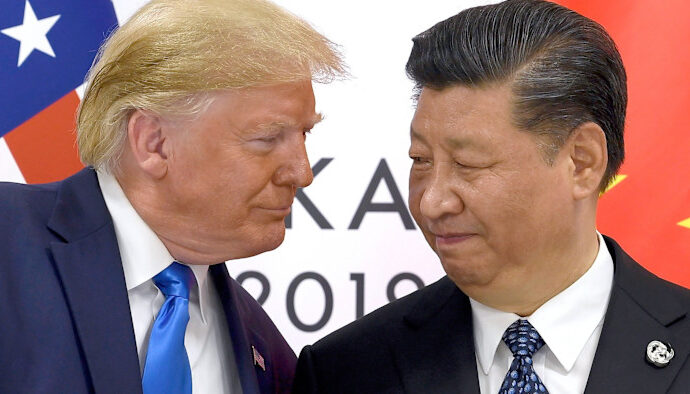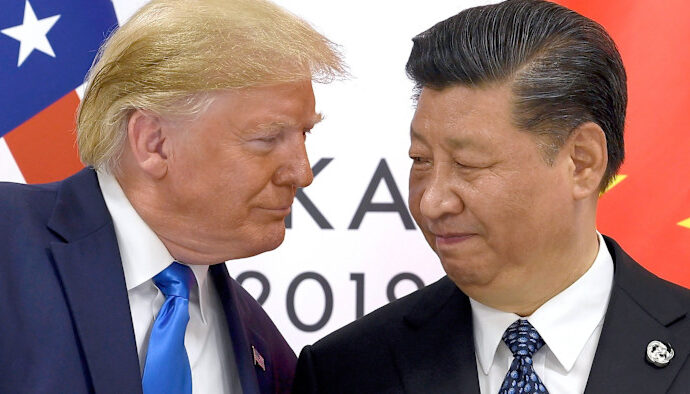Unlock the Editor’s Digest for free
Roula Khalaf, Editor of the FT, selects her favourite stories in this weekly newsletter.
Indonesia has suspended TikTok’s operating licence after the social media platform declined to disclose livestreaming video data during recent protests in the south-east Asian country.
The ministry of communication and digital affairs said it has temporarily suspended the licence “due to TikTok’s failure to fulfil its obligations under laws and regulations”.
Indonesia is TikTok’s second-largest market after the US, with an estimated 150mn users.
“This is the government’s assertiveness after TikTok only provided partial data on TikTok live activity during the demonstration period of August 25-30, 2025,” Alexander Sabar, a director-general at the ministry, said in a statement on Friday.
The ministry had requested data “due to the alleged monetisation of live activity from accounts suspected of online gambling activities”, he said.
TikTok, which is owned by Chinese tech group ByteDance, had been given until September 23 to submit the data in full but the social media platform declined to do so, citing internal policies, Alexander said.
The suspension is “a form of state protection” against misuse of digital technology, Alexander said.
TikTok did not immediately respond to a request for comment. It is not clear if the app will be suspended in Indonesia, where it remained accessible as of Friday afternoon.
TikTok has faced other regulatory hurdles in Indonesia. In 2023, TikTok was forced to shut down its ecommerce feature after the government of then-president Joko Widodo banned online shopping features on social media, citing the need to protect smaller businesses.
TikTok then bought a 75 per cent stake in Tokopedia, the country’s biggest ecommerce player, which it merged with its shopping platforms.
The short-form video platform was widely used during nationwide protests in late August, which turned into the most violent unrest in the country in decades. The demonstrations were sparked by revelations of lavish housing allowances for lawmakers, but spread over deepening economic discontent.
TikTok users turned to the app, and its live video streaming function in particular, to document the protests and express criticism of the country’s parliament and the government.
At least 10 people were killed, including 21-year-old Affan Kurniawan, a motorcycle taxi driver who was run over by an armoured police vehicle at one of the demonstrations, which stoked further outrage.
Regional parliamentary buildings were set on fire and homes of parliamentarians and then-finance minister Sri Mulyani Indrawati were looted.
As the protests escalated in August, TikTok said it was “voluntarily” suspending its live feature for a few days to keep the platform “a safe and civil space”.
The suspension of its licence this week will raise concerns about protections for free speech under President Prabowo Subianto, a former military general who has faced allegations of human rights abuses during his military service. He has always denied the allegations.
Prabowo has also moved to empower the military since taking office a year ago, expanding its role in Indonesia’s government as he has consolidated power over the country’s political landscape.
Additional reporting by Diana Mariska in Jakarta


